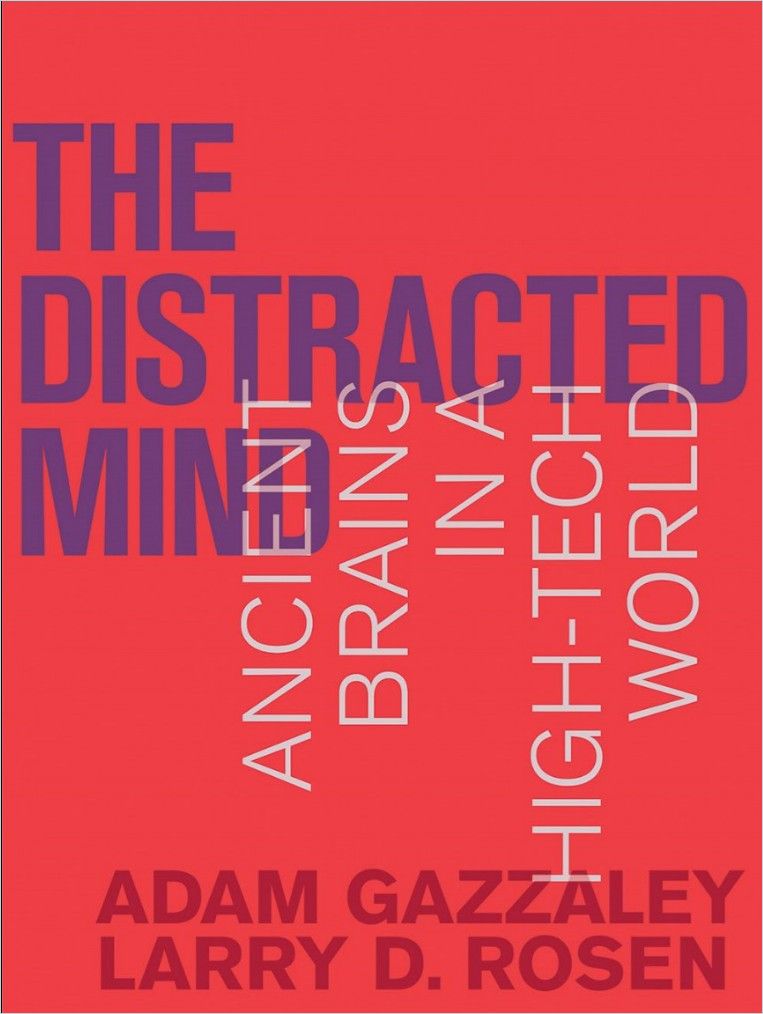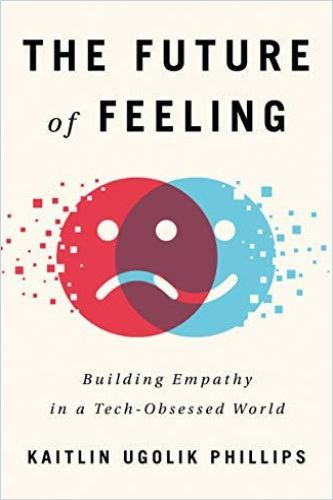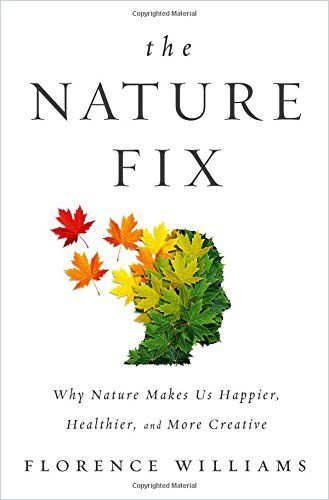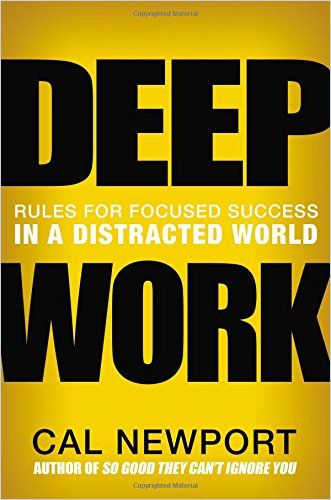The Case for Analog Skills in a Digital Age

A rotary telephone. A typewriter. An LP player. These are all foreign objects to our kids. Generation Z (and the generations to follow) don’t know a world without Wi-Fi, smartphones and tablets.
A hallmark distinction between the digital age and the analog past is efficiency. Don’t like that song on the playlist? Just press “next” (or yell at Alexa). Want to know what the weather will be like? Just check the phone. Curious about the eating habits of some exotic animal (my daughter likes the axolotl)? Just look it up on Wikipedia. No fast-forwarding on a cassette player, or waiting for the hourly radio weather update, or perusing dusty bookshelves at the local library to locate information.
I have a hunch that patience won’t be one of the next generations’ strong points. Still, it remains hard to tell what the effects of growing up in the digital age will be on the future workforce.
It’s frequently argued that the skills that matter most in a world where intelligent machines take over routine tasks are soft skills, including emotional intelligence. Robots still have a long way to go until they can be empathetic team players. And as workplaces become more ethnically, culturally and linguistically diverse, self-awareness, empathy and the ability to communicate are all the more critical. And who would want to entrust their toddler or ailing grandmother to a robot caretaker? Caretakers and nurses will continue to be in high demand – professions that require a high degree of interpersonal skills.
Budding research, however, suggests that growing up in the digital age is not exactly conducive to developing the very skills that technology cannot replace.
Technology Undermines the Development of Soft Skills
Parents and educators have long raised concerns about kids spending too much time on screens. According to US government estimates, American kids spend about 7 hours per day in front of electronic media. Research suggests that too much screen time leads to deficits in kids’ social skills. Our “feeling brain” (the limbic system) perceives exposure to screens as stressful. Teachers in North America have observed that students who spend a lot of time with technology have a hard time reading other people’s body language or showing empathy toward others.
In a frequently cited article in The Atlantic, psychology professor Jean Twenge points to a growing body of evidence suggesting that extensive smartphone use is detrimental to our kids’ mental health. The number of teens reporting frequent feelings of loneliness and “feeling left out” has increased sharply since 2013. According to Twenge, emerging data reveal a strong correlation between time spent on a screen and levels of happiness.

As Adam Gazzaley and Larry D. Rosen explain in The Distracted Mind, multitasking and frequent task switching decreases our ability for cognitive control and thus undermines cognitive performance. Because their brains are not mature, children and teenagers are more susceptible to outside stimuli, such as incoming texts and emails, that lead them away from their primary task of focus. Extensive multimedia use shortens children’s attention spans – and thus their ability to learn.

Young people growing up with digital technology become adept at sharing digital messages, but their communication often lacks substance. Researchers thus are exploring how screen time alters people’s brains and their ability to communicate. Social psychologist Sara Konrath found that, in 2010, college students showed 40% less empathy than their 1979 peers. MIT researcher Sherry Turkle calls the decrease in human empathy the new “silent spring” – an allusion to Rachel Carson’s 1962 exposé about the negative effects of certain kinds of pesticides.

Interaction on social media lacks the nuance, body language and context of person-to-person exchange. Social media platforms become battlefields of barbs, insults and attacks on those with different ideas, but they feature little genuine communication. Allowing technology to alter kids’ ability to empathize robs them of the one human capacity that sets them apart from machines.
We have to teach our kids something unique, so that a machine can never catch up with us: values, believing, independent thinking, teamwork, care for others – the soft skills – sports, music, painting, arts, to make sure humans are different from machines.
Alibaba founder Jack Ma
Developing Human Capacities
Trying to compete with robots by becoming more like them is an uphill battle. Our brains are not built for navigating life and interacting with each other on screens. The future workforce will do best by developing skills that are uniquely human.
It may sound counterintuitive, but perhaps the best way to prepare our kids to thrive in a digital world is by strengthening their analog skills:
- Spend time in nature – Nature helps revive the neural networks that constantly respond to life’s demands for attention. All children benefit from being active outdoors – both physically and mentally. When it comes to spending time in nature, the more, the better – regardless of your age.

- Learn how to focus –The push to network, tweet, respond quickly and multitask diminishes takes us away from what Cal Newport refers to as “Deep Work”: the pursuit of highly demanding, creative and analytical tasks in a deeply focused manner. Our innate ability to engage in deep work is like a muscle – it can be trained. Schools have a role in nurturing the capacity for sustained focus in our kids.

- Cultivate the arts – As Caryn Hunt reminds us in the getAbstract Journal mini-series on How (Not) To Compete with a Robot: “Art itself is an expression of meaning and reflects the human condition. Making art may be the most human thing we do.” Engaging in painting, poetry or music feeds your creative imagination. As theoretical physicist Tom McLeish explains, creative imagination underpins all great scientific breakthroughs. Science involves reimagining nature in a way that is similar to the ways novelists create fictional worlds, while scientific and artistic creativity both elicit similar emotions. We can help our kids maintain an edge over robots by supporting their artistic pursuits.

- Cultivate the liberal arts – Employers need people with the skills that a good liberal arts education provides: critical thinking, problem solving and the ability to learn. By building a foundation for thinking and learning, schools will help students acquire skills that will serve them for the rest of their lives. Even as smarter computers do more mechanically, fresh ideas and imagination – like the creativity driving the enormous global entertainment industry – still come from human beings.

- Learn how to write – by hand – In a world where so much communication happens via texts, chats and email, the ability to write clearly and concisely remains a core skill. As explained elsewhere, machines are still far away from mastering the nuances, ambiguities and complexities of human prose. Kids will fare even better if we teach them how to handwrite. Handwriting involves more sensory experience than typing. As more areas in the brain are activated, kids will be able to learn and memorize better what they put on paper – with a pen.
- Learn to cope with boredom – Unstructured downtime aids creativity – another skill that sets humans apart. Yet growing up in a world of constant distraction and ubiquitous entertainment makes it difficult for kids to just be with themselves and do nothing. Parenting experts Christine Koh and Asha Dornfest call boredom the “biggest creative motivator.” For parents, this means: Allow for unstructured, device-free time – and let your kids’ imagination go wild.

- Develop strong social skills – Imagine the future workplace or robots and humans working side-by-side: Robots are busy crunching numbers and drafting legal briefs while their human counterparts collaborate and communicate. The proliferation of robotic and remote online interactions makes the capacity to form human relationships an essential business skill. And this critical skill of the future is best acquired during childhood. Although Hollywood hit-maker Brian Grazer wrote his book for adults, it’s never too early to learn the “art of human connection.”

Technology should not dominate our kids’ waking hours. It should make their lives more efficient so they have more time for unplugged pursuits.







